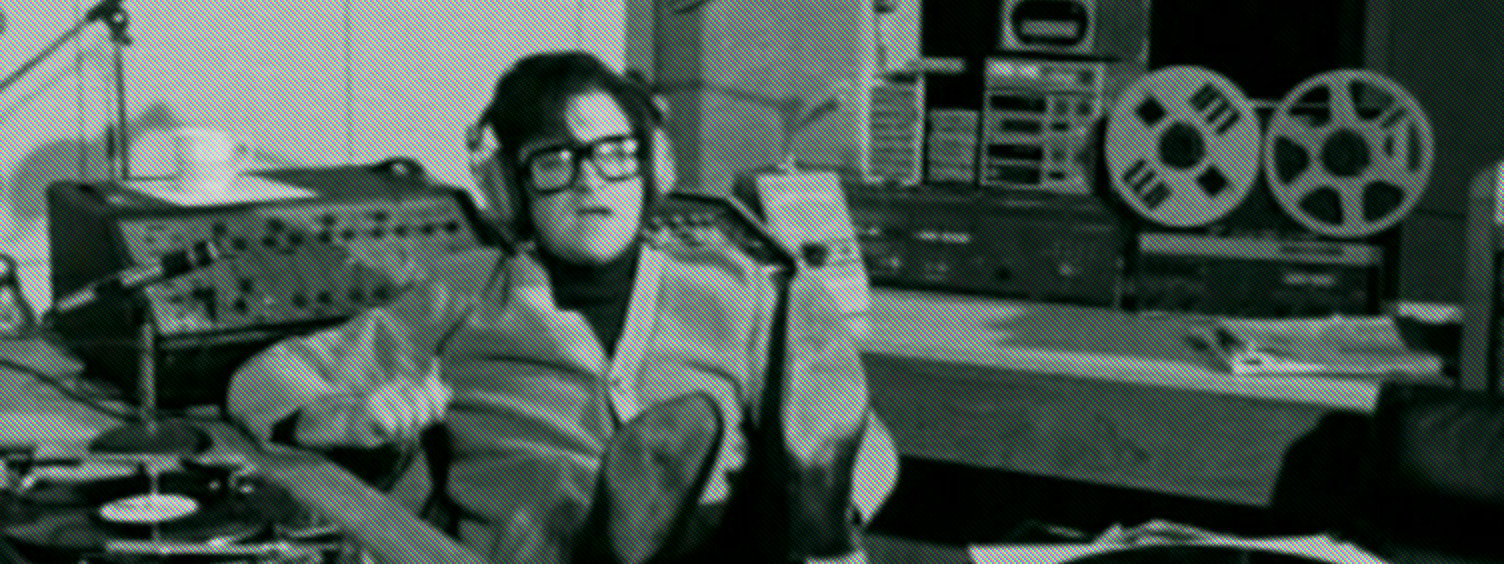2024 is the year of the indie web and the blog. Just like 2023 was. And 2022. And 2021. In fact, how far can we stretch back?
At least ten years, and that’s without having to look very hard.
To be sure, perhaps 2024 has a little more momentum than most. There has rarely been a more high profile piece – at least in terms of getting the idea out to a wider audience – than Anil Dash’s article in Rolling Stone, “The Internet Is About to Get Weird Again”:
“Across today’s internet, the stores that deliver all the apps on our phones are cracking open, the walls between social media platforms are coming down as the old networks fail, the headlong rush towards AI is making our search engines and work apps weirder (and often worse!). But amidst it all, the human web, the one made by regular people, is resurgent. We are about to see the biggest reshuffling of power on the internet in 25 years, in a way that most of the internet’s current users have never seen before.”
Yet there is always a wrinkle when it comes to this kind of writing. Are we talking about something new, or is it already there? The headline of Anil’s seems to indicate the former, the opening hedges its bets a little, and then the rest of the article seems to indicate the latter:
“What’s more, the people who had been quietly keeping the spirit of the human, personal, creative internet alive are seeing a resurgence now that the web is up for grabs again. Take someone like Everest Pipkin, an award-winning digital artist and activist who has been making games, videos, interactive sites, and video streams all exploring the boundaries of digital culture. They evoke the open-endedness of the Nineties internet, but with the modern sensibility that comes from someone who wasn’t even born when the web browser was first invented.”
Anil goes on to give many more examples. Examples which are wider than a strictly blogging or writing mindset, but essentially all part of the same thing: the indie web.
This dichotomy – is there a potential resurgence of this kind of web, or is it already here? – keeps coming up time and time again with these kind of articles. In his piece “Where have all the websites gone?”, Jason Velazquez at first indicates the indie web has essentially died, replaced with social media:
“No one clicks a webpage hoping to learn which cat can haz cheeseburger. Weirdos, maybe. Sickos.
No, we get our content from a For You Page now— algorithmically selected videos and images made by our favorite creators, produced explicitly for our preferred platform. Which platform doesn’t matter much. So long as it’s one of the big five. Creators churn out content for all of them.”
And yet when he tries to answer the question posed in his headline, we get:
“The good news is that websites didn’t go anywhere. There are currently one billion websites on the World Wide Web. Here’s a few from my bookmarks that are amazing.”
He then proceeds to do just that.
All this is perhaps a sore point for those of us who have been plugging away at our projects online for years. We keep being told that “this is the year of the indie web”. Oh, really? Some of us never left the damn thing. I’ve been writing continuously online now on my own websites for 20 years, 14 of them right here. I published 100k of words on Dirty Feed in 2023 alone.
When Cabel Sasser decided to revive his blog last year, he wrote the following:
“My name is Cabel and you probably came here from Twitter? Maybe? For the past too-many years Twitter absorbed all of my “blogging energy” — it was so fast and efficient to dump out some random or mildly interesting thing. I liked Twitter. And I truly (mostly) enjoyed connecting with people on there. But I’m not feeling real great about the situation over there. Time to diversify.
So, here we go. 2023, the year of the blog???”
Cabel has proceeded over the past year to post some quite wonderful things, so he certainly followed through on his promise.
But for those of us who kept the faith – who always used Twitter as a scratchpad, and then wrote things up properly on our own blogs – it can feel mildly irritating. Twitter and social media in general was always a bad replacement for a place of your own where you could write. I never needed a big realisation on this score; it had always been obvious to me.
The indie web shrinking wasn’t really the fault of social media companies and other “big tech”. It was the fault of people who abandoned their own little place on the net.
Anil Dash:
“For an entire generation, the imagination of people making the web has been hemmed in by the control of a handful of giant companies that have had enormous control over things like search results, or app stores, or ad platforms, or payment systems. Going back to the more free-for-all nature of the Nineties internet could mean we see a proliferation of unexpected, strange new products and services.”
I don’t entirely disagree with this. And it’s especially relevant to people who actually want to make a living with their web projects, rather than just having fun in their spare time. But we also have to admit that anybody who deserted their corner of the web, did so by choice.
If you stopped cultivating your own website because you really liked Twitter, or because Google Reader was shut down, did you really care about it that much in the first place?
[Read more →]

